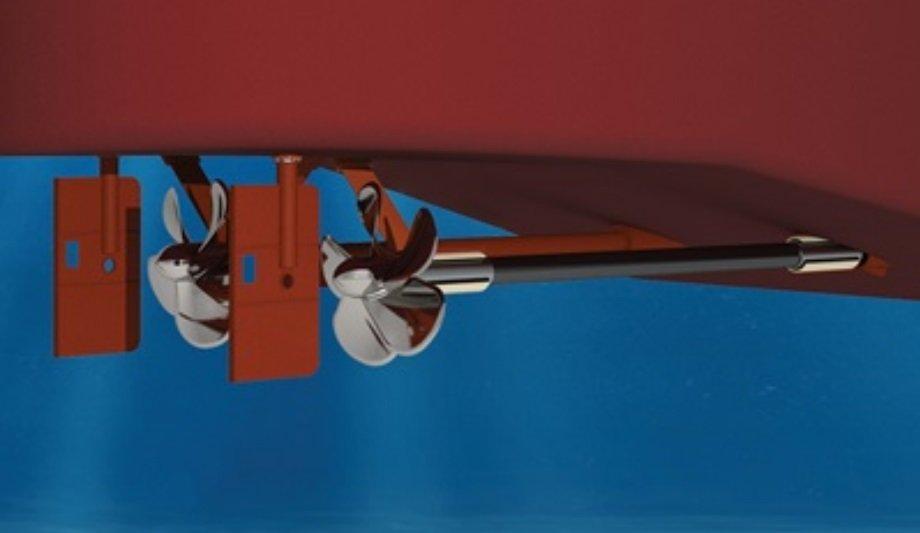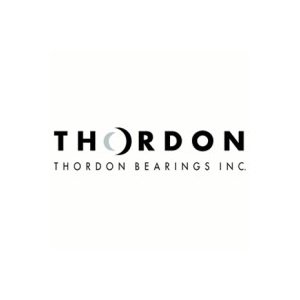Thordon Bearings has secured a significant contract to convert the rubber tailshaft bearings across an entire fleet of Panama-operating tugs, pilot vessels, and workboats to water-lubricated polymer bearings.
The agreement with the unnamed operator follows the successful retrofitting of Thordon’s SXL tailshaft bearings to twelve of its twin-screw tugs last year during scheduled dry dockings. The remaining 32 vessels will now be converted in batches at planned maintenance intervals over the next four years.
Planned maintenance intervals
For the first batch of retrofit conversions, Thordon will supply a total of 62 bearings machined to fit shaft diameters ranging from 63.5mm to 101mm (2.5in to 4.5in). However, the scope of supply also includes Thordon’s ThorPlas-Blue bearings for tiller arms and jockey bars and SXL rudder bearings; which both operate without the use of grease.
Thordon will supply a total of 62 bearings machined to fit shaft diameters ranging from 63.5mm to 101mm
Egnard Bernal, Thordon Bearings’ Business Development Manager, Latin America, explained. “We have worked with this operator since 2020 when we resolved problems with the rubber tailshaft bearings on one of its Spanish-built pilot vessels.”
Sustainable bearing options
“Following that initial success we have retrofitted one vessel after another but have now received a stock order for the entire fleet. All rubber tailshaft bearings will be replaced with SXL at scheduled dry dockings over the next few years. This is a significant order for Thordon Bearings,” he said.
Commenting on the reason behind the fleet-wide retrofit, Yves Silva, Regional Manager - LATAM, said: “This owner operates a zero-pollution policy, so we are moving very quickly to install a wide range of environmentally friendly solutions. The company wants all of its vessels to have 100% green operation and long lasting Thordon bearings are the most sustainable bearing options available.”
Non-budgeted maintenance costs
All of Thordon’s polymer bearings require neither grease nor oil for lubrication. Yet, while environmental protection was a major factor in the decision, so too was bearing longevity and reliability. Interoceanic waterways tend to be very abrasive environments, which are not ideal for bronze-backed rubber bearings. The bronze outer shell and the steel housing are prone to galvanic corrosion, resulting in non-budgeted maintenance costs and drydockings.
Silva added: “That this owner is planning to ‘Thordonise’ its entire fleet is testament to the reliability, long wear life and robust performance of our bearing technology. Our bearings deliver on value, performance, and complete elimination of oil/grease pollution for both newbuild vessels and conversions.”












